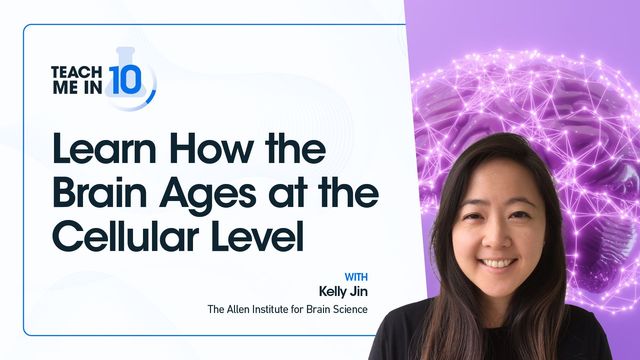Editorial Assistant
at Technology Networks
Rhianna-lily graduated from the University of East Anglia with a BSc in biomedicine and completed her MSc by Research in microbiology at the Quadram Institute Bioscience in 2023. Her research primarily focused on the gut microbiome in pregnant women throughout gestation. During her MSc, she developed a passion for science communication and later joined Technology Networks as an Editorial Assistant, where she works with the news team to cover the latest breaking news and produce Teach Me in 10 videos.
Education
Areas of Expertise
Got a Question for Rhianna-lily Smith?
Get in touch using the contact form linked here and we'll get back to you shortly.

Can Exercise Help Slow Breast Cancer Progression?

Early Antibiotic Use May Raise Diabetes Risk

Novel Cannabinoid Offers Pain Relief Without Addiction Risk

Study Debunks Menstrual Cycle Impact on Muscle Protein Synthesis

Some Antidepressants May Worsen Dementia

Designing an Earth-Like Microbiome in Space Could Improve Astronaut Health

Learn How the Brain Ages at the Cellular Level

Could Melatonin Protect Night Shift Workers From DNA Damage?






